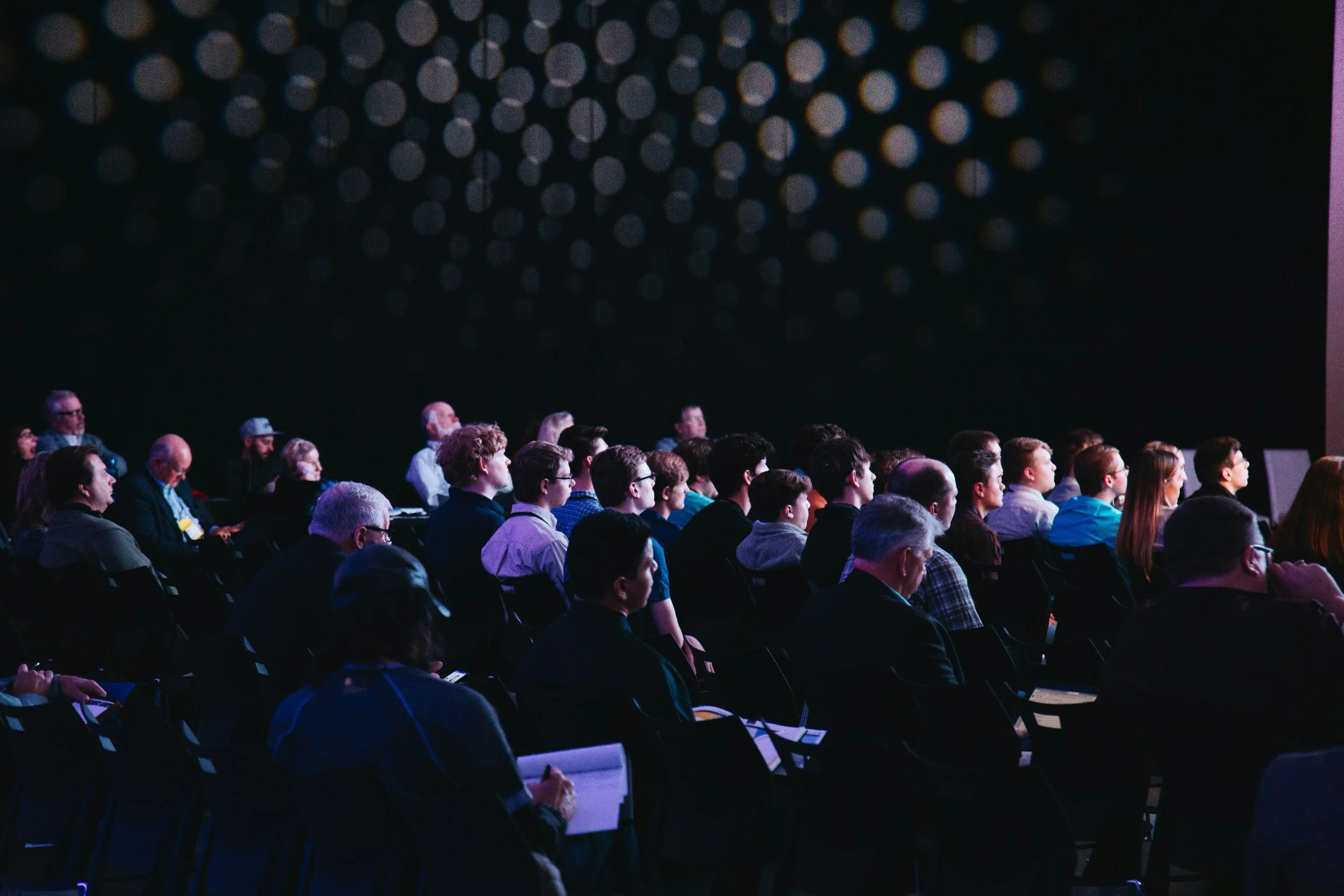Death of a Giant
NPR recently published an article and podcast announcing the soft closure of the largest music festival in the world, South by Southwest, or SXSW, The festival will be drastically scaled back and rolled into next year‘s Film and Interactive Festival.
For 40 years, SXSW has been a staple of showcasing live music, where music fans and music artists found their common ground - a deep love of music and the exciting potential of discovering the sound of the next decade. Artists there got their start on humble stages with a bespoke feel that reverberated with the grit and dedication of a functional industry. And by functional, I mean an industry in which homegrown artists and bands could justify the expense of touring and recording for the realistic chance they might be discovered, both by fans and industry personnel alike. There was a market for music, and it didn’t just benefit top tier artists - everyone had a fighting chance.
But in more recent years, SXSW had gone the way of big business, with iconic acts like Coldplay and Lady Gaga playing free stages and amassing huge crowds, spreading bloated attendance across large and unwalkable areas of Austin, trading the original festival intent for national brands and high entrance fees.
COVID was cited as the beginning of the undoing. Indeed COVID catalyzed changes all across the industry of music that have been simmering for years. Small, curated events that sparkled with the spirit of artists and fans communing together flickered more and more with dollar signs as ‘growth’ and ‘scalability’ presided over the spirit of music worth coming together for.
There’s a scene in the popular show “Ted Lasso,” Season 3, where the owners of various premier league soccer teams are pitched the idea of creating a ‘Super team’ of elite athletes. The ultimate form of athletic entertainment, the cost of entrance would soar, and scarcity would only push demand. The idea may have been voted through had not one team owner recalled the days when big business didn’t cast its enormous shadow on the spirit of the sport. To take the sport away from the people would be carving out the heart of game. The scene of this feel-good comedy ends with this voice of humanity shaking sense into the conversation and ending talk of industry stealing what is precious. Channel surf back to the industry of music, and I see a fretful similarity.
In the old industry, an artist could make a realistic living, albeit touring and selling CDs from their car, but a living nonetheless. I remember walking along Venice Beach in the early 2000’s and watching the occasional music artist with headphones and an mp3 player in hand asking passerby’s if they’d spare a moment to listen to their tracks. There was the sense that music was special, an expression of personal truth. The ability to make music was earned, and discussions around artist meanings and messages vibrated amongst music lovers of all ages. Artists like Pearl Jam or Seal crashed onto the scene with tidal-like influence, inspiring thousands of new artists in their wake. There was some consensus around which music was truly deserving of the spotlight, either for its ingenuity or skill or outright raw passion of expression.
In other words, the Grammy’s used to mean something. An artist didn’t snatch up an obscene number of awards because they have simply amassed enough wealth and popularity to do so. There was too much talent on the ticket for that before industry watered us down.
Front-porch-politics and romanticizing the golden days don’t do musicians much good, except for the lessons history can teach us. For the hobbyist, music is as alive today as it ever was, and perhaps even more-so. A vast ocean of music is at our fingertips from which we can learn and develop. If we find live venues in our local area, there’s no better place to start communing with casual musicians and would-be fans. And there are still festivals to attend, as the podcast mentions, including Americana Fest, Nashville, Folk Alliance, and Tin Pan South.
For the career-minded musician, more careful planning and guidance is necessary to build a lifestyle in which musical means suffice. All musicians who are not household names find ourselves involved in a variety of projects, and resolve to live on a project-by-project basis. When we meet musicians making a living in today’s market, we talk with them and learn what they know. We may not be able to change the business, but we certainly can adapt. And any art form, whether it be performance, visual, film, or written, is affected by the changes in industry the world over. In the end, what we can do as creative people is maintain a mindset that focuses more on the value of creating art rather than the currency it may or may not produce. Art moves the soul. In time, I hope industry swings back to speak to this basic human need.
If you’re interested in grounding your songwriting in craft, intention, and the deeper value of creative expression regardless of industry shifts you can click here to access my free, full-length course, Becoming a Songwriter.
Stay creative,


